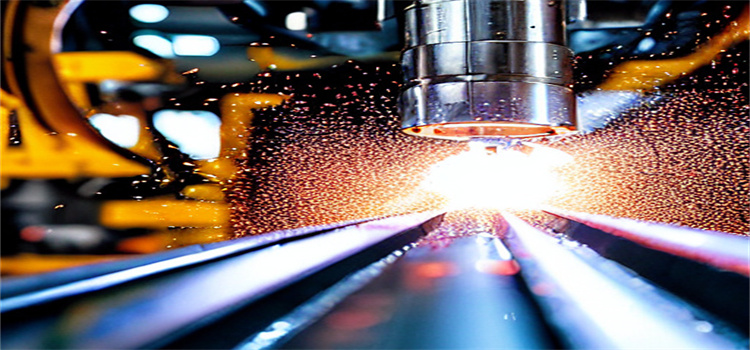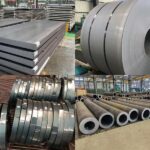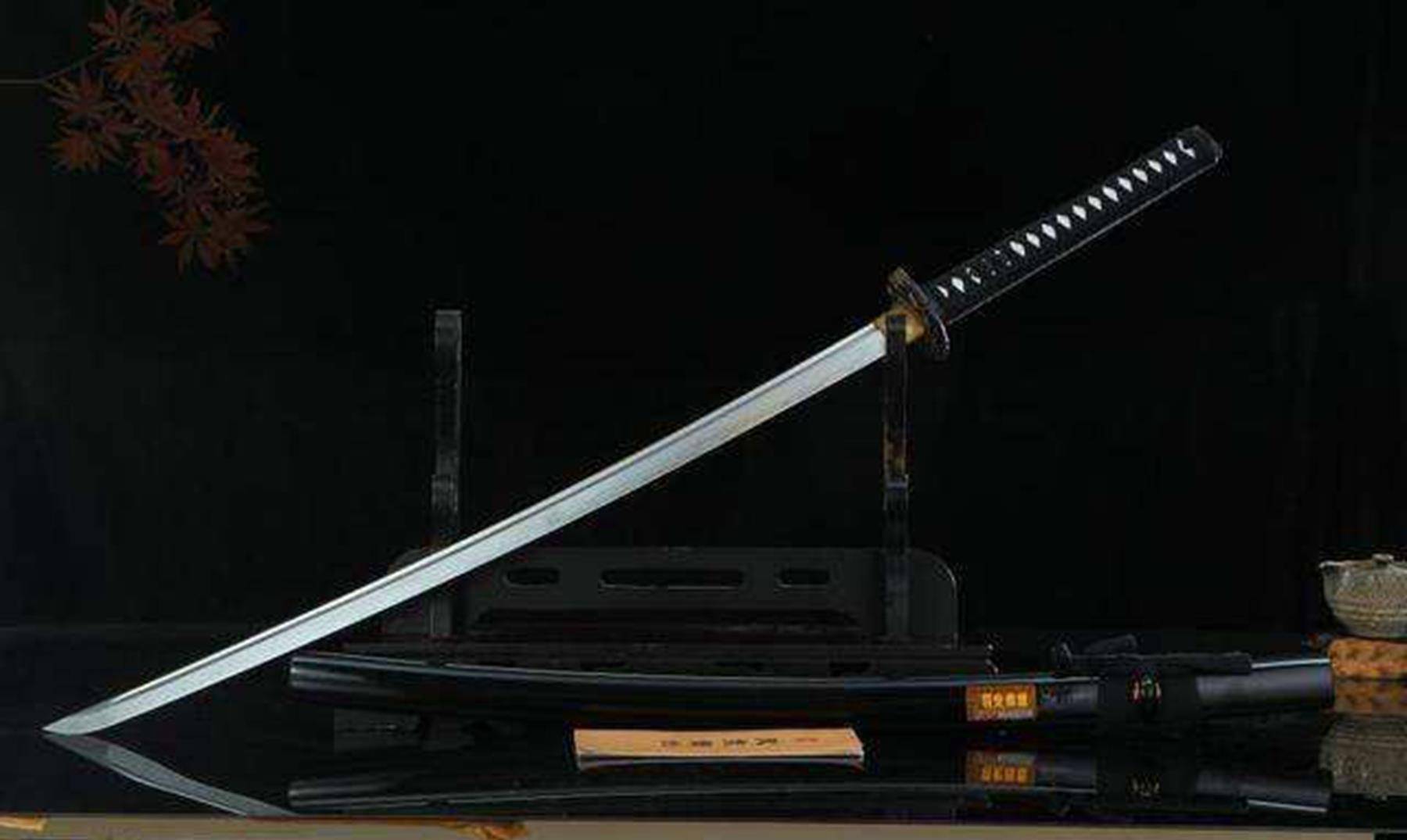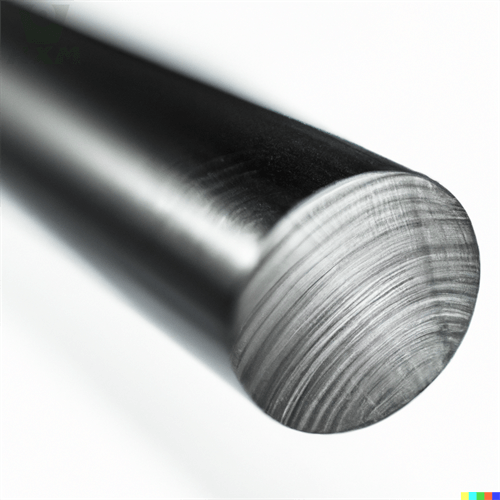Steel, as a basic engineering material, is widely used in construction, machinery, automobiles, shipbuilding, aerospace, and other fields because of its high strength, good ductility, and low production cost. Steel can be divided into two categories: carbon steel and alloy steel according to its composition and use. So, carbon steel vs alloy steel: what are the differences? In this article, we will provide a detailed analysis of the main differences between carbon steel and alloy steel.
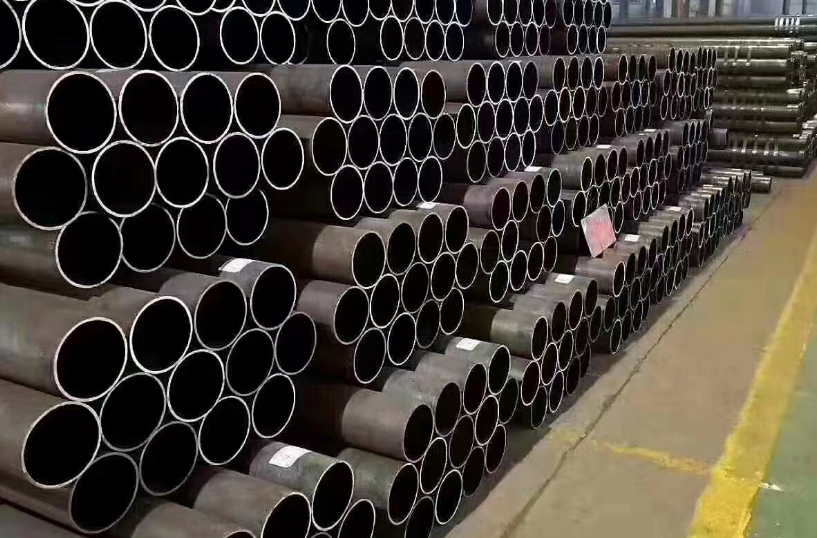
Carbon Steel vs Alloy Steel: What Are the Differences?
Carbon Steel vs Alloy Steel – 1. Composition:
Carbon Steel: Carbon steel is an iron-based alloy that contains small amounts of carbon and other elements. Depending on its carbon content, carbon steel can be divided into low-carbon steel, medium-carbon steel, and high-carbon steel. The carbon content of low-carbon steel is usually less than 0.25%, the carbon content of medium-carbon steel is between 0.25% and 0.6%, and the carbon content of high-carbon steel is as high as more than 0.6%.
Alloy steel: Alloy steel is based on carbon steel with a small amount of alloying elements added, such as chromium, nickel, tungsten, vanadium, etc., to improve its mechanical properties, corrosion resistance or high-temperature performance.
Carbon Steel vs Alloy Steel – 2. Mechanical and Physical Properties:
- Strength and Hardness: The alloy steel usually has higher strength and hardness due to the addition of alloy elements. These alloy elements significantly improve the strength and hardness of the steel by producing solid solution strengthening or fine crystal strengthening in the crystal structure of the steel.
- Toughness: In contrast, low-carbon steel and medium-carbon steel usually have better toughness because they can be rolled and welded at lower temperatures. High-carbon steel, due to its higher carbon content, usually exhibits poorer toughness.
- Corrosion Resistance: Alloy elements such as chromium and nickel can improve the corrosion resistance of the steel. For example, stainless steel is a type of alloy steel that contains a high proportion of chromium. Its surface can form an oxide film that is difficult to be destroyed, making it excellent corrosion resistance.
- High-temperature Performance: Some alloy elements, such as nickel, chromium, tungsten, can improve the high-temperature performance of the steel. These elements stabilize the crystal structure of the steel or increase its creep resistance, enabling it to maintain good mechanical properties at high temperatures.
Carbon Steel vs Alloy Steel – 3. Processability:
- Welding: Low-carbon steel and medium-carbon steel are usually easier to weld due to their good toughness. However, high-carbon steel, due to its poorer toughness, requires special process measures during welding.
- Heat treatment: Alloy elements can affect the heat treatment process and results of the steel. For example, certain alloy elements can improve the quenchability of the steel, resulting in better mechanical properties after heat treatment.
- Work hardening: Alloy elements can affect the rate of work hardening of the steel. Work hardening refers to the increase in strength and hardness of metal during plastic deformation. Certain alloy elements can accelerate or decelerate this process.
Conclusion
The main difference between carbon steel and alloy steel lies in their chemical composition and resulting mechanical, physical, and process properties. By adding alloying elements, alloy steel can achieve properties superior to carbon steel in many aspects, such as higher strength, hardness, corrosion resistance, and high-temperature performance. However, this also means that alloy steels are often more expensive to produce. Therefore, when choosing between carbon steel and alloy steel, you need to weigh it based on specific application scenarios and needs.
Thank you for reading our article and we hope it can help you to have a better understanding of the differences between carbon steel vs alloy steel. If you are looking for carbon steel & alloy steel suppliers now, please don’t hesitate to contact Huaxia Steel.
As a leading supplier of carbon steel & alloy steel from China, Huaxia Steel offers our customers high-quality carbon steel, tool steel, alloy steel, carbon steel tubes, and carbon steel pipes at a very competitive price.

